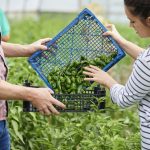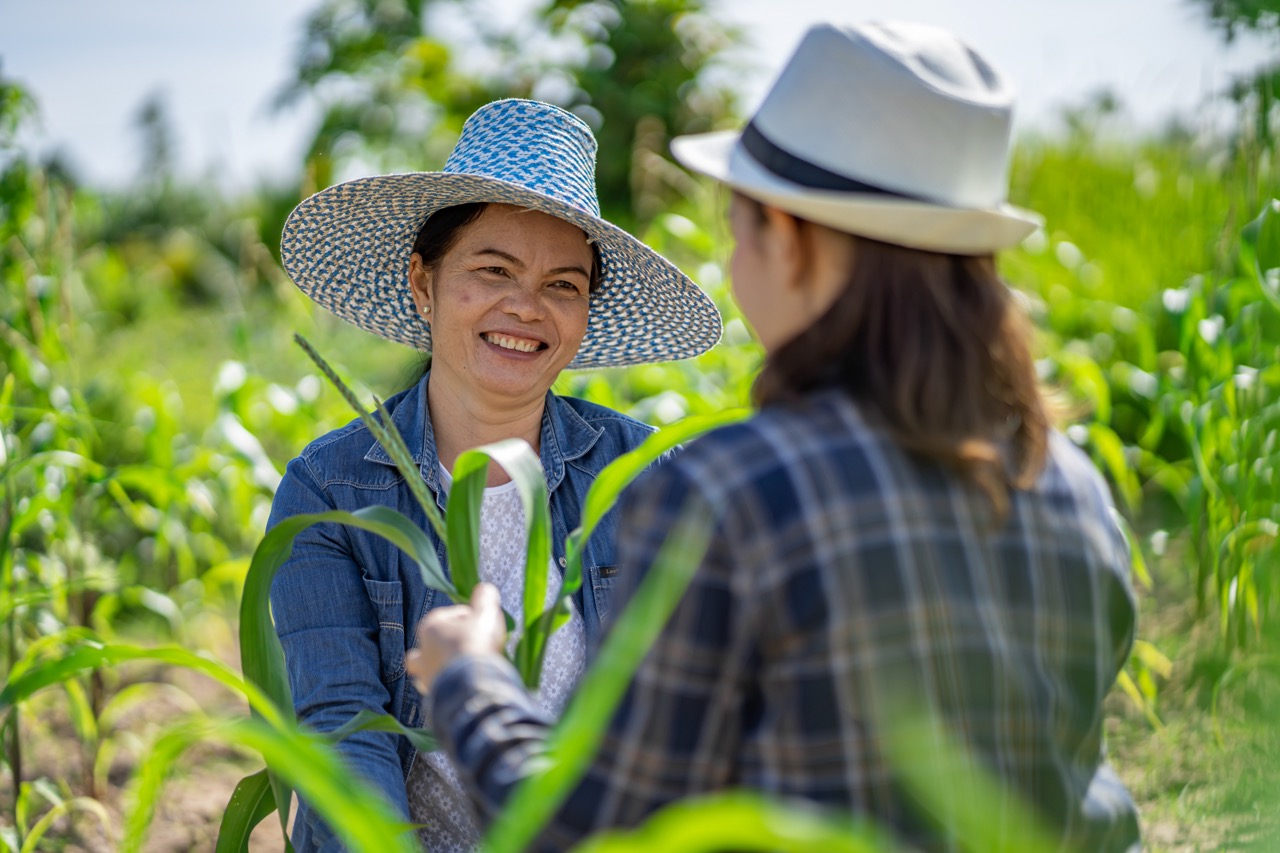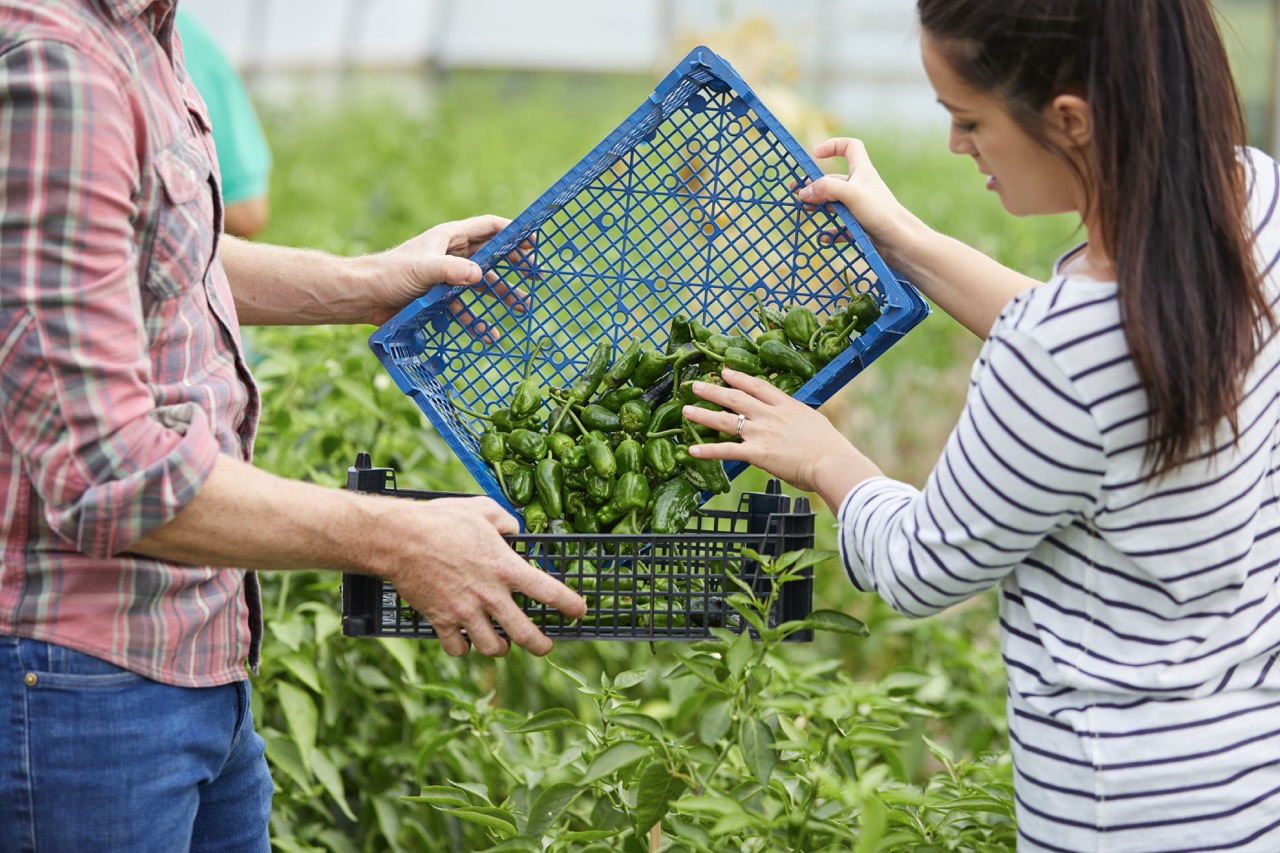Sharecropping has long been a vital component of agricultural practices, enabling landowners to cultivate their land while providing opportunities for individuals to work in farming without owning land themselves. However, finding a reliable sharecropper can be a challenging task, as the relationship between landowners and sharecroppers is built on trust, commitment, and mutual benefit. In this article, we will delve into the role of sharecroppers in agriculture, identify key qualities to look for in reliable candidates, explore resources for vetting potential sharecroppers, and discuss how to build a successful partnership once you find the right fit.
Understanding the Role of Sharecroppers in Agriculture
Sharecroppers play a critical role in the agricultural sector by allowing landowners to maximize their land’s productivity without the need for significant capital investment. Typically, sharecroppers work on a contract basis, receiving a portion of the crop yield in exchange for their labor and expertise. This arrangement can be advantageous for both parties; landowners benefit from skilled labor, while sharecroppers gain access to land and resources necessary for their livelihood.
Historically, sharecropping emerged as a solution to labor shortages and economic inefficiencies, particularly in the post-Civil War South in the United States. This system allowed former slaves to work the land and contribute to the agricultural economy, while landowners retained some degree of control over their property. Although sharecropping has evolved, its essence remains the same: it allows for collaboration between landowners and those seeking to farm, fostering a symbiotic relationship that can yield significant returns.
Today, sharecropping continues to thrive in various forms around the world, adapting to modern agricultural practices and technologies. However, the underlying principles of trust, shared goals, and clear communication are more crucial than ever. Understanding the role of a sharecropper in agriculture will help potential employers recognize the importance of this partnership and lay the groundwork for a successful collaboration.
Key Qualities to Look for in a Reliable Sharecropper
When searching for a reliable sharecropper, the first quality to consider is experience. A seasoned sharecropper should have a thorough understanding of the crops being cultivated, agricultural practices, and local market conditions. This knowledge ensures that the sharecropper can navigate challenges effectively and contribute to the overall success of the farming operation. Assessing a candidate’s track record, including previous crops they have managed and their ability to adapt to various agricultural environments, is essential.
Another critical quality to look for is strong communication skills. A reliable sharecropper should be able to express their needs, concerns, and suggestions clearly while also being receptive to feedback from landowners. This open dialogue fosters trust and collaboration, allowing both parties to work towards common goals. Additionally, a sharecropper who can articulate their experiences and demonstrate a proactive approach to problem-solving is likely to be an asset in any farming endeavor.
Lastly, consider the sharecropper’s commitment to ethical practices and sustainability. In today’s environmentally conscious world, it is essential to select a partner who prioritizes responsible farming techniques. A sharecropper who values sustainable practices not only contributes to the long-term viability of the land but also enhances your reputation as a landowner committed to responsible agriculture. Assessing a potential candidate’s values and practices can provide insight into their reliability and overall fit for your agricultural needs.
Resources and Tools for Vetting Potential Candidates
Vetting potential sharecroppers requires a strategic approach, utilizing various resources and tools to ensure that candidates meet your criteria. Start by seeking recommendations from trusted agricultural professionals, local farming organizations, or community networks. Word-of-mouth referrals can provide valuable insights into a sharecropper’s reputation, work ethic, and track record. Engaging with these networks can also help identify candidates who may not be actively seeking sharecropping opportunities but possess the necessary skills and experience.
Online platforms and databases dedicated to agriculture can be instrumental in the vetting process. Websites that connect landowners with farmers offer reviews and ratings of potential sharecroppers, allowing you to assess their previous work experiences and compatibility with your farming goals. Additionally, social media groups focused on agriculture can serve as a resource for both recommendations and discussions around best practices in sharecropping arrangements.
Finally, conducting personal interviews and farm visits can be invaluable in evaluating potential sharecroppers. A face-to-face conversation allows you to gauge a candidate’s passion for farming, their understanding of agricultural practices, and their communication style. Observing them in action on their own or previous farms can also provide critical insights into their work ethic and capabilities. This comprehensive vetting approach will help you find a reliable sharecropper who aligns with your agricultural vision.
Building a Successful Partnership with Your Sharecropper
Once you have identified a reliable sharecropper, establishing a clear and mutually beneficial partnership is crucial for long-term success. Begin by drafting a detailed sharecropping agreement that outlines the terms and conditions of your collaboration, including profit-sharing ratios, responsibilities, and expectations. This contract is essential for avoiding misunderstandings and ensuring that both parties are aware of their roles in the venture. Additionally, consider involving legal counsel to ensure that the agreement is fair and compliant with local regulations.
Effective communication is key to a successful sharecropping partnership. Regular check-ins and open discussions about progress, challenges, and expectations will help both parties stay aligned. Create an environment where feedback can flow freely, allowing for adjustments to be made as necessary. This proactive approach to communication not only fosters trust but also enhances problem-solving capabilities, empowering both the landowner and sharecropper to overcome obstacles together.
Lastly, investing in the relationship can lead to greater success in your agricultural endeavors. Encourage ongoing education and training for your sharecropper by providing access to workshops, resources, and industry developments. This investment demonstrates your commitment to their growth and success, ultimately benefiting your farming operation. A strong partnership built on trust, communication, and mutual investment can pave the way for a productive and rewarding sharecropping experience.
Finding a reliable sharecropper is essential for maximizing the productivity of your agricultural land while fostering a mutually beneficial relationship. By understanding the role of sharecroppers, identifying key qualities to look for, utilizing the right resources, and establishing a successful partnership, landowners can create a thriving agricultural environment. With the right approach, sharecropping can continue to be a viable and beneficial practice for both landowners and farmers alike, contributing to sustainable agriculture and community development.








